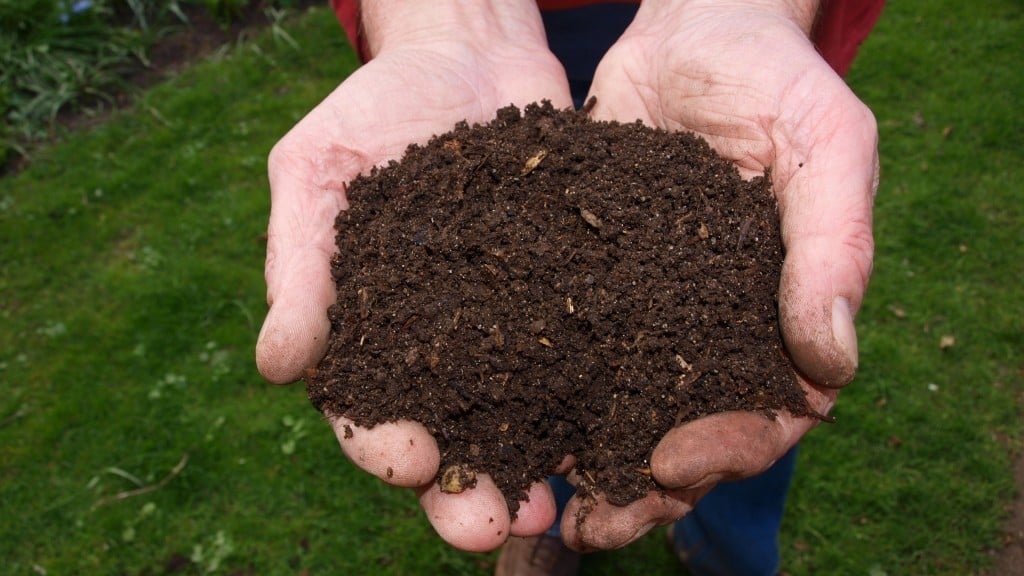Composting Consortium builds partnerships to scale U.S. composting economy
Partnership initiatives include new report to help scale organics infrastructure

A guide for municipalities seeking to develop food scraps collection programs and to work with composters to meet zero waste and climate goals was released this week, called "How Organics Diversion Can Help Achieve Zero Waste Goals: A Blueprint for Action". The Guide was created by a collaboration between the Composting Consortium, managed by the Center for the Circular Economy at Closed Loop Partners, and Eco-Cycle, based in Boulder, Colorado. Alongside the release of the guide, the Consortium launched two new platforms that support municipalities and composters in scaling organics infrastructure.
Food waste in landfills is a major source of methane, a potent greenhouse gas that significantly contributes to climate change. Diverting food scraps and yard waste through municipal organics programs reduces methane emissions and provides environmental benefits such as improved soil health, water conservation, carbon sequestration, and support for local economies and ecosystems. However, only 10 percent of U.S. households have access to organics recycling through drop-off and curbside organics collection programs, and only four percent of wasted food is sent to composters today.
"Since its launch in 2021, the Composting Consortium has been focused on moving the needle to change that statistic," said Kate Daly, Managing Director and Head of the Center for the Circular Economy at Closed Loop Partners. "By creating this blueprint, we aim to equip municipal leaders with a basic 'how-to' manual to launch or scale successful organics programs that contribute to a zero-waste future, clean organics streams and a thriving composting industry."
The blueprint, How Organics Diversion Can Help Achieve Zero Waste Goals, offers a clear and actionable framework, including:
- Policy and Program Expansion for Diverting Food Waste: This section does a deep dive into effective strategies for policy development. It explores methods to incentivize resident and business participation, while outlining pathways to maximize food waste diversion from landfills.
- Setting Up Programs and Infrastructure: This section provides a clear roadmap for establishing new organics programs. It details best practices for collection methods, explores various processing options (composting facilities, anaerobic digestion), and offers guidance on navigating the critical process of contracting with composters.
- Communication with Program Participants: Recognizing the importance of resident and business engagement, this section provides a comprehensive communications toolkit. It outlines strategies for educating participants on proper sorting techniques, maximizing program participation and fostering long-term program success.
Collaboration helps ensure that composting programs and infrastructure are developed to meet the diverse needs of stakeholders across the organics value chain—from composters, to cities, residents, businesses and more. Alongside the release of the blueprint, the Composting Consortium is launching two new platforms to engage directly with municipalities and composters across the U.S. to support the scale-up of robust composting infrastructure.
The Composting Consortium's new Composter Innovator Program aims to bring composters across the U.S. to the table to play an active role in shaping the future of the composting industry on topics like contamination, policy and funding food waste composting infrastructure. The Consortium invites composters across the U.S. to sign up for the program and be involved in the growth of composting infrastructure across the U.S.
The Consortium is also launching its Municipal Partner Platform, a free-to-access platform for city officials focused on sustainability, zero waste and waste management. The platform connects officials with leaders nationwide to share and discuss best practices in starting and expanding organics collection and infrastructure programs. Municipalities of all sizes and stages of development are invited to reach out to the Composting Consortium to explore ways the network can help them achieve their goals of diverting food waste from landfills.




